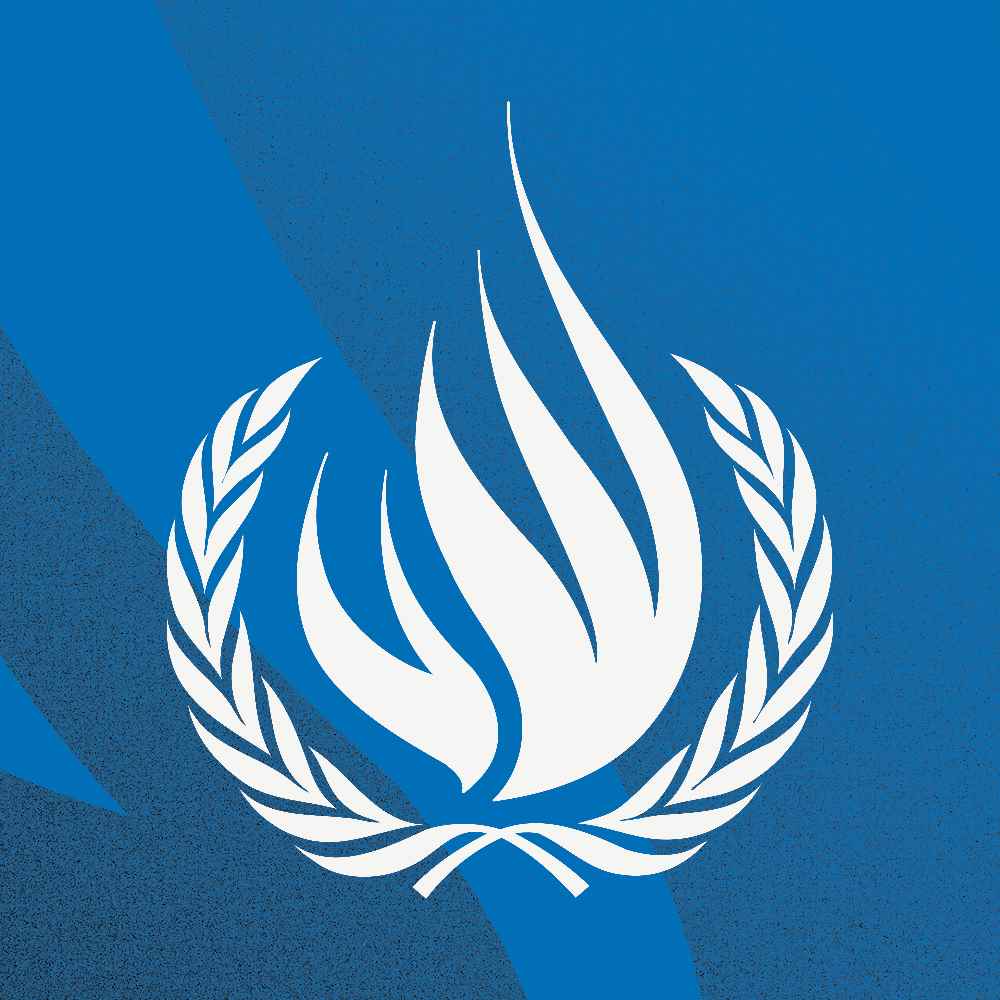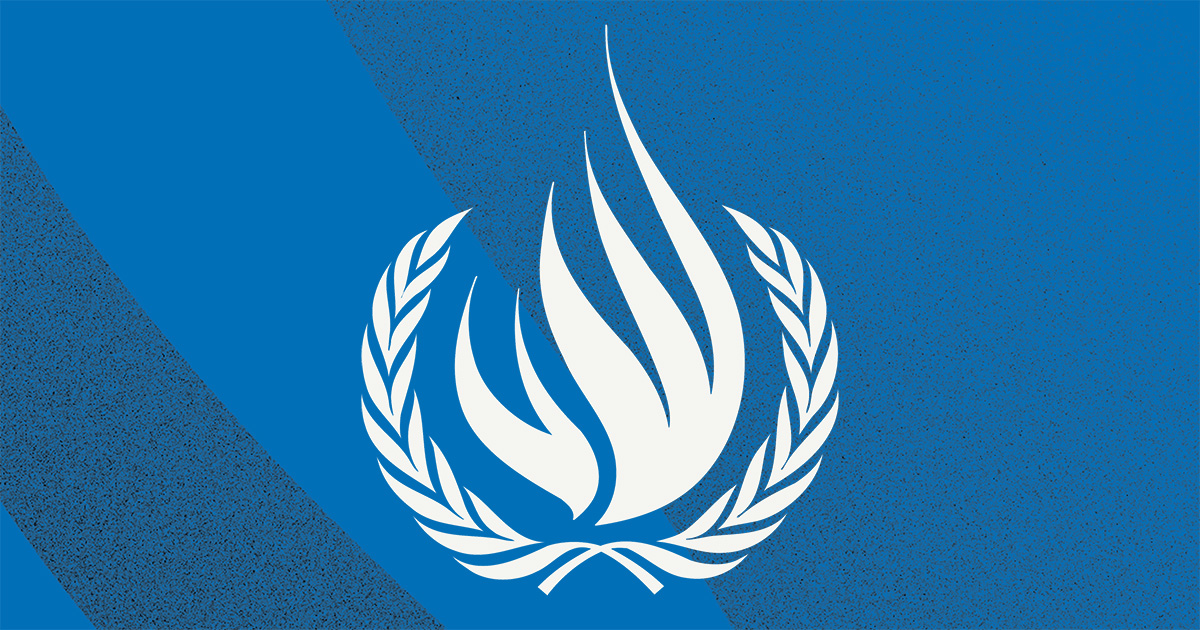
GENEVA (22 March 2023) - Persistent attacks and widespread repression by the Government of Venezuela against perceived opponents continues to haunt the country’s population, the UN Fact-Finding Mission on Venezuela (FFMV) said in its latest update on the country’s human rights situation today.
During a presentation to the Human Rights Council in Geneva, the FFMV detailed how authorities continue to detain civil society actors on political grounds, stifle trade union protests and shut down media outlets. The Fact-Finding Mission also warned that newly proposed legislation, if adopted, would significantly limit the ability of non-governmental organizations to carry out their work.
The FFMV urged Venezuelan authorities to cease its repressive campaign, investigate those responsible, and prosecute them accordingly.
"In a context of widespread impunity regarding the serious crimes reported in our previous reports, citizens that criticize or are opposed to Government policies feel threatened and unprotected, while fear of detention and torture by the Government hinders freedom of expression and the right to protest," said Marta Valiñas, Chair of the Fact-Finding Mission.
Arbitrary detentions on political grounds continue to be of serious concern. According to human rights organizations, at least 282 people are still in detention - including both civilians and military personnel. These individuals and their families continue to be subject to threats and reprisals, family and lawyers’ visits are often denied and access to food and medical treatment is limited. Violations of the right to due process persist.
Since 2019, the FFMV has identified an upsurge in attacks and threats against human rights organizations and defenders, trade unionists, journalists, humanitarian personnel and other civil society actors in Venezuela, as well as of political leaders. In the last year, public sector workers, especially in the education, health and other basic goods sectors, have mobilized over low wages and working conditions. The State responded immediately with an orchestrated repression directed at protest leaders and participants, including threats, dismissals and arrests.
Another target of this repression scheme has been the media and journalists, with sanctions and closures imposed on media outlets. "2022 marked a record number of radio station closures throughout the country," said FFMV expert Patricia Tappatá, "The media cannot carry out its informative work freely if constantly faced with threats of reprisals.”
Two recent draft bills could potentially have a high impact on the ability of non-governmental organizations (NGOs) to carry out their work. On 24 January, the National Assembly approved in first reading the draft Law on NGOs and, on 1 March, the preliminary draft of the Law on International Cooperation.
"If sanctioned, the new regulations will consolidate an abusive control by the State over the existence, funding and activities of NGOs," said Francisco Cox Vial, another member of the Mission.
In its oral update to the Human Rights Council, the FFMV also drew attention to other developments regarding the human rights situation in Venezuela - among them, the persistence of a high number of deaths due to clashes with law enforcement officials. According to estimates from non-governmental sources, there were 716 such deaths in 2022.
"This figure generates concern about the possible existence of extrajudicial executions in the context of a state policy to combat criminality, as documented by the Mission in its first report to the Council," said Valiñas.
The FFMV also warned again about the situation in the Arco Minero del Orinoco and other areas in the south of the country, and cited allegations made by the indigenous peoples of the State of Amazonas regarding violent attacks against their leaders. The FFMV cited the case of the murder of Virgilio Trujillo Arana, leader of the Piaroa people, in 2022, and recommended that the case should be seriously investigated.
ENDS
Background: In September 2019, the United Nations Human Rights Council established the Independent International Fact-Finding Mission on the Bolivarian Republic of Venezuela (FFMV) through resolution 42/25, to investigate alleged human rights violations committed since 2014. The mandate of the FFMV was extended until September 2024 through resolutions 45/20 and 51/29. The FFMV will present its report at an interactive dialogue session at the Human Rights Council, in September 2023.
For more information, please visit the Fact-Finding Mission on Venezuela website
Media contacts: Todd Pitman, Media Adviser for the HRC’s Investigative Bodies, todd.pitman@un.org, or Pascal Sim, HRC Public Information Officer, simp@un.org.









